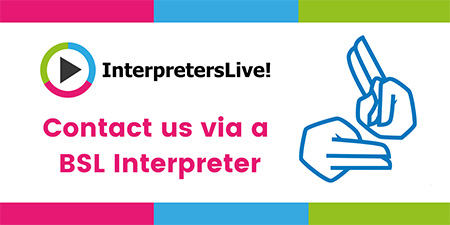Investing in DE&I training is a big step for any business, and getting it right matters.
Whether you’re just starting out or looking to deepen the work you’ve already begun, the right trainer will shape how your people understand equity, inclusion, and diversity, not just in theory but in practice. But here’s the truth: not all DE&I training is created equal, and not every consultant or trainer is the right fit for your business.
So how do you choose someone who will educate, empower, and challenge your people without making the room uncomfortable for the wrong reasons? This guide will walk you through what to look for, what to avoid, and the questions to ask before you commit.
What makes a great DE&I trainer?
You’re not just hiring a trainer. You’re inviting someone into the heart of your culture. The right person will bring a mix of credibility, lived experience, and practical know-how, and they’ll know how to hold space for people to learn, ask, and reflect without judgment.
Here’s what to look for:
Values and purpose alignment
Do they walk their talk? A good trainer isn’t just talking about equity; they’re also embedding it into their business practices.
Lived experience or deep subject knowledge
You want someone who gets it, whether that’s through lived experience, years of applied practice, or both.
A practical, real-world approach
No one needs another theoretical presentation. Great DE&I trainers know how to apply complex ideas to the realities of recruitment, leadership, and workplace culture.
Adaptability and empathy
They’ll know when to challenge, when to support, and how to tailor the session to different knowledge levels in the room.
Questions to ask before you say yes…
These won’t phase a good DE&I trainer – in fact, they’ll welcome them:
-
- How do you tailor sessions to different audiences?
- Can you share examples or case studies from similar organisations?
- What’s your approach to psychological safety during sessions?
- Do you offer follow-up support or embedding tools?
- How do you make your content accessible and inclusive for everyone in the room?
Don’t be afraid to ask about their training style, too, especially if your team’s a mix of remote and in-person learners or if you’re working with frontline or non-desk-based staff.
A few red flags to watch out for
We don’t love negativity, but when it comes to inclusion work, some red flags are worth calling out:
-
- One-size-fits-all content that hasn’t been updated in years
- A heavy focus on theory, with no practical actions
- No real understanding of the recruitment or HR landscape
- Vague promises with no follow-up or accountability
- A lack of consideration for accessibility, trauma-informed practice, or psychological safety
If something feels off, it probably is. Trust your gut.
DE&I training isn’t a tick-box; it’s an investment in your people, your culture, and your future. The right trainer will challenge bias, broaden perspectives, and create space for real change, not just a ‘nice’ workshop.
Take your time. Ask questions. And choose someone who’ll partner with you, not just train and go.
Need a hand?- If you’re looking for a DE&I trainer who understands recruitment, HR, and workplace culture inside-out and who doesn’t do performative, I’d love to chat.
Drop me a message or book a call, and let’s talk about what you need.


